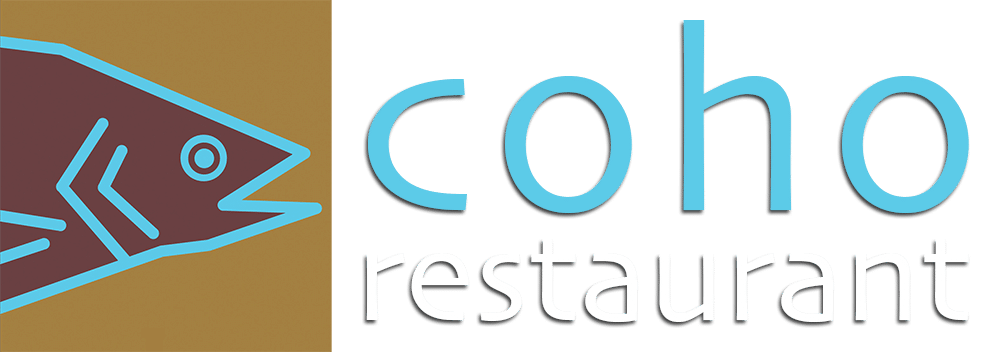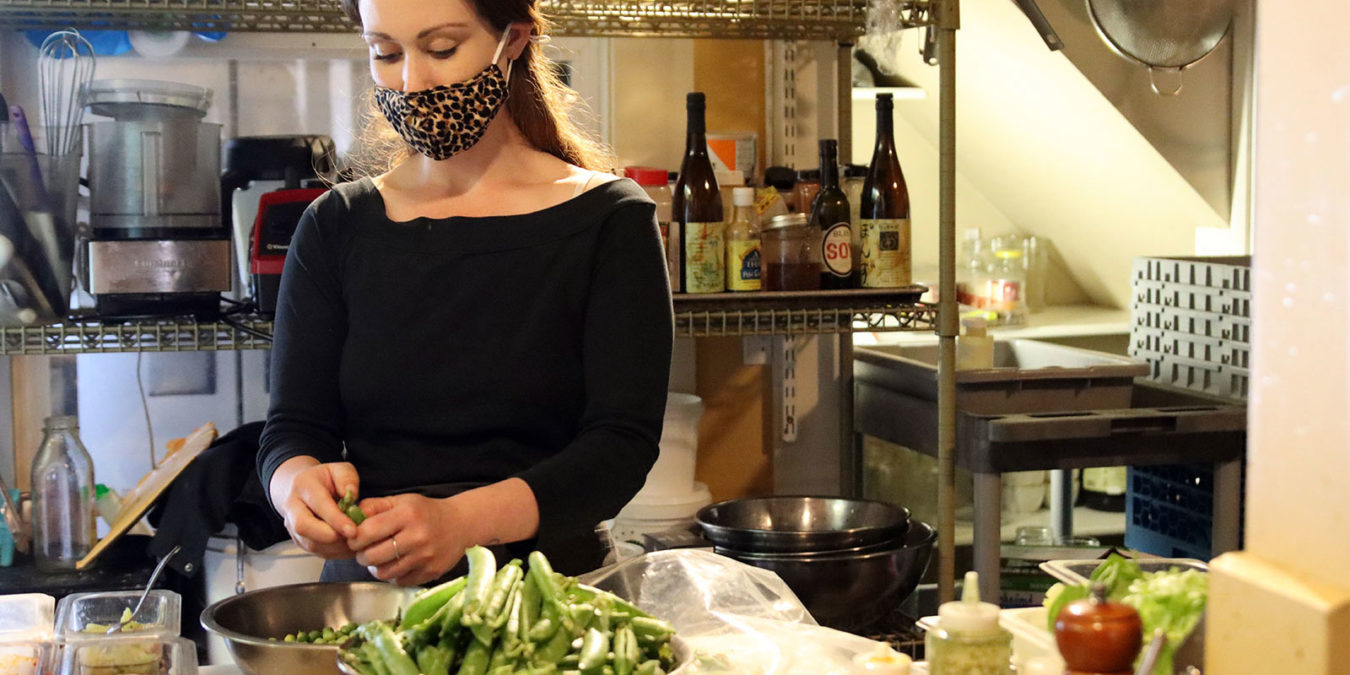
I have a confession to make. I didn’t always understand what sustainability meant. Okay, I should probably clarify that statement before you write me off as a hack. If you would have asked me, I probably could have recited you a text book definition of the word. When I was growing up though, it wasn’t something commonly discussed – outside of maybe the economy and finance.
 Understanding Sustainability
Understanding Sustainability
As a kid I occasionally heard adults refer to relationships as “sustainable” or not. I may have even played that card in a heated argument at one point or another. It wasn’t until I was in high school that, while doing a research paper on Jacques Cousteau, I started seeing the term sustainability mentioned in regards to the environment. In this case, how it affected our relationship with lakes and oceans.
As I delved deeper into that project I started seeing more references to the actions that people were taking to reverse some of the damaging practices of overfishing that have emerged over the past couple hundred years. “Overfishing”, much like “unsustainable”, is a broad term and has been used to describe any number of practices that, at their core, damage an ecosystem and make it difficult for species to thrive. Other unsustainable practices include creating a toxic environment that kills fish, by use of bottom trawling, poisons, electro-fishing, or explosives.
Sustainability at Coho Restaurant
Unfortunately while these practices still exist in many parts of the world, public consciousness around the subject continues to grow and more and more countries are working to help create sustainable practices both on land and in the sea. At Coho Restaurant, we are incredibly lucky to work and partner with some amazing purveyors who believe, as we do, that protecting and responsibly sourcing wildlife is paramount to the continued health of our planet. In 2018, we removed salmon from our menu in an effort to sustain the declining wild Chinook population in our region. Learn more in this blog.
Sustainability from our Purveyors
Many of our guests ask Chef Tim & I about the amazing local Halibut we source, so I asked one of our purveyors, Mikuni Wild Harvest, if they would tell us a little about their “Day Boat Halibut”.
Q: What does the term “Day Boat Halibut” mean?
A: Fresh North Pacific halibut are harvested on two kinds of vessels – those that go out for 1-2 weeks at a time and store their fish in the hold, and those that go out and arrive back on the same day. These latter are day boats and their halibut is the choicest, most fresh fish obtainable. For two decades, Mikuni has been building relationships with individual boat captains and small fleets in Washington and Alaska that fly these fish overnight to our warehouse. The result is brilliant white, firm flesh that smells only of the ocean, and a flavor and texture unmatched.
The Washington and Alaskan halibut fisheries are heavily regulated to ensure sustained, healthy populations that will produce quality fish far into the future. From our humble beginnings, sustainability has been a cornerstone of our company philosophy. And maintaining relationships with individual fisherman means that the traceability of our fish starts on the hook of a long-line and ends at your guests’ table.”
Happy Summer Grilling,
Chef Ryan Lockhart
Summer Citrus and Herb Halibut Marinade
Ingredients
- 3T Fresh Chopped Herbs (rosemary, thyme, oregano, parsley)
- 3 Lemons Zest and Juice
- 1T Extra Virgin Olive Oil
- 3 Crushed Garlic Cloves
- 1/2t Ground Cumin
- 1t Course Kosher Salt
- 1t Fresh Ground Black Pepper
- 6, 4-5oz Halibut steaks
Method
Mix together all ingredients except halibut in a small bowl. Place Halibut in a small casserole dish and cover with marinade. Let it stand at room temp for 15-20 minutes.
A Few Tips:
- Save the stems from the herbs. Place them over the hot coals and they will add an intense aromatic quality to the fish.
- Preheat grill. Heat grill and then brush to clean. Wipe oil on hot grill grate before placing the fish.
Sources and more information:
www.oceana.org/living-blue/sustainable-seafood-guide
www.seafoodwatch.org/-/m/sfw/pdf/guides/mba-seafoodwatch-national-guide.pdf?la=en
http://news.bbc.co.uk/2/hi/science/nature/3719590.stm
https://www.ncbi.nlm.nih.gov/pmc/articles/PMC2646833
http://news.nationalgeographic.com/2015/12/151230-Tanzania-blast-fishing-dynamite-coral-reefs/



